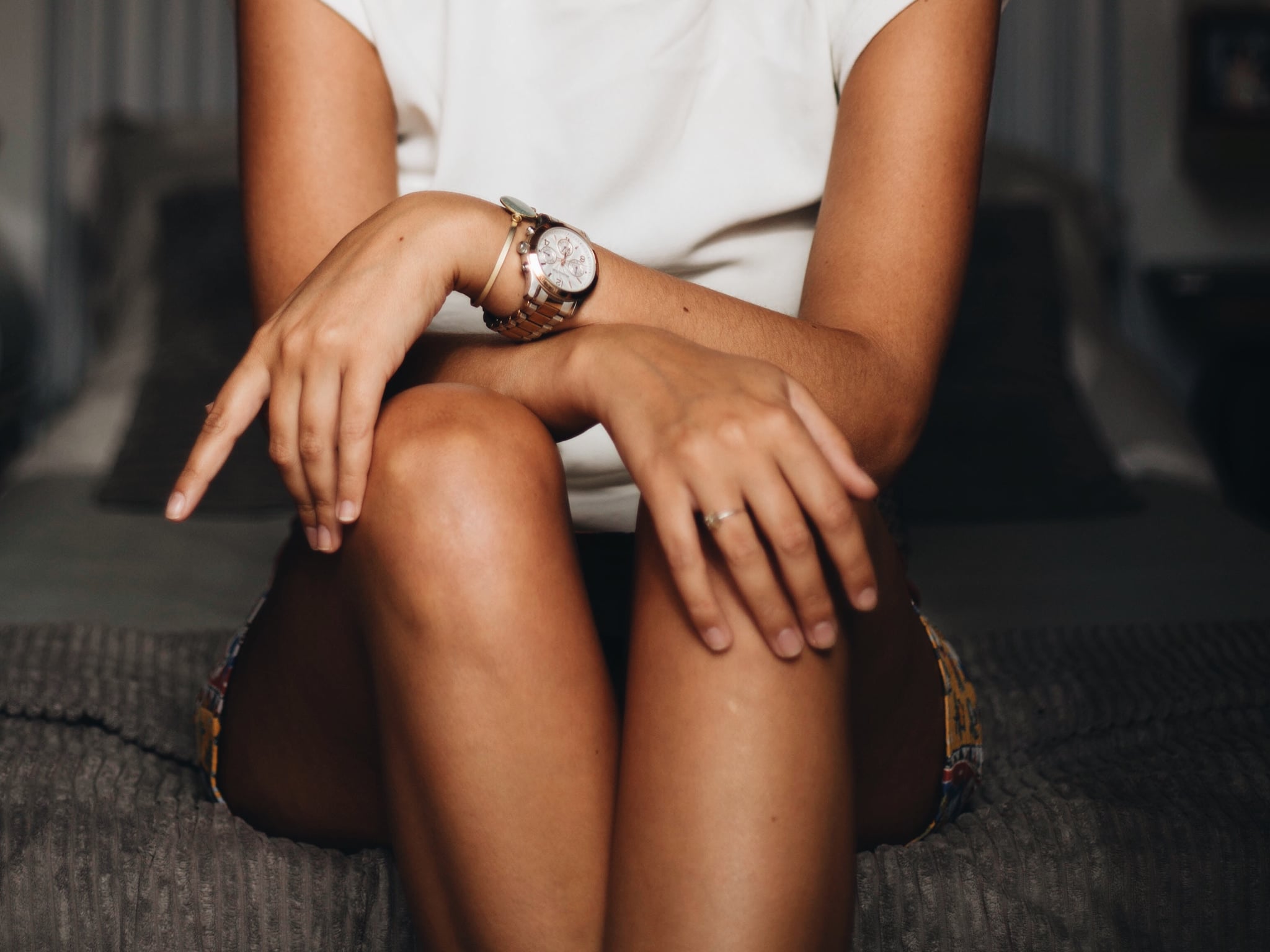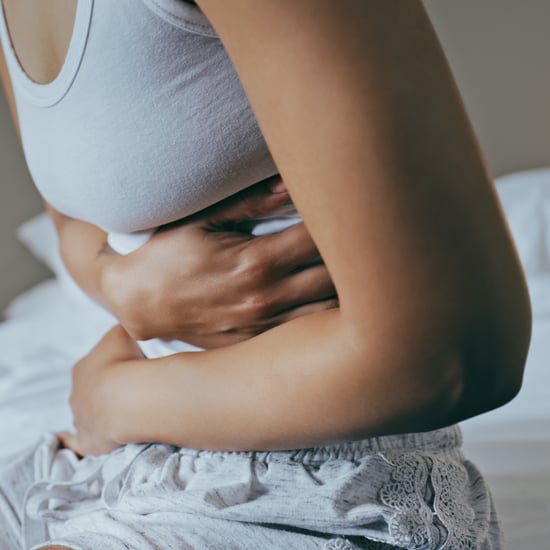Benefits of Using a Menstrual Cup
To Menstrual Cup or Not to Menstrual Cup? These Experts Have Answers

Selecting the right feminine hygiene product for your cycle is an intensely personal choice. Some women are most comfortable in maxi pads, while others swear by period-proof underwear. But for long wear and convenience, two feminine hygiene products typically duke it out: tampons and menstrual cups. So what's the real difference between these two methods? Is one safer or "better" than the other?
Amandine Pranlas-Descours, global brand director for menstrual cup manufacturer Intimina, said that it depends on the material. "Cups [that] are made of medical-grade silicone have a lot of health benefits, compared to tampons," she said. "Medical-grade silicone is a supersafe material — ours is actually the same material they use in surgical implants and pacemakers. The material is inert, so it doesn't affect the natural pH balance of the body. It's hypoallergenic, latex-free, phthalate-free, and contains zero toxins."
Dr. Shari Lawson, M.D., assistant professor of gynaecology and obstetrics at the Johns Hopkins University School of Medicine, added that there can be both health and environmental benefits to using menstrual cups. "Some women are really concerned about some of the chemicals and bleach that are used in tampons," she noted. "Additionally, the reusable versions of the cup are fairly environmentally friendly because you just rinse and reuse — no tampons to flush into the sewer system or plastic packed pads to fill the landfill."
There are also additional health benefits, explained Pranlas-Descours. Menstrual cups, she said, don't absorb any moisture — they just hold the menstrual fluid until removed, so they don't dry out the tissue or cause irritation. Tampon fibres, on the other hand, absorb all fluid — including much-needed discharge that keeps our vaginas healthy and comfortable.
Lawson said that while some people may be hesitant about using a menstrual cup, there is really no reason to feel any differently about a menstrual cup vs. a tampon. "The menstrual cups come in two sizes, and if you can insert a tampon, you can probably use one," she said. "Like a tampon, you shouldn't feel it if it's in the right place. There isn't really a way to injure yourself using a menstrual cup — just be sure to wash your hands and keep your nails short."
Dr. Betty Chou, M.D., assistant professor of gynaecology and obstetrics at the Johns Hopkins University School of Medicine, said that while she has some patients who prefer to use a menstrual cup, you should still be aware of how long you have been wearing one. "Like tampons, they have the same very small risk of toxic shock syndrome (TSS) but are generally considered safe to use," she said. "I've never had a patient who has had an injury from using a menstrual cup," she said.
Like all things concerning your period, which feminine hygiene method you choose is completely up to your personal preference and lifestyle, and both tampons and menstrual cups are considered perfectly safe to use. Do your homework, experiment, and don't be afraid to switch it up until you find the method that works for you.






